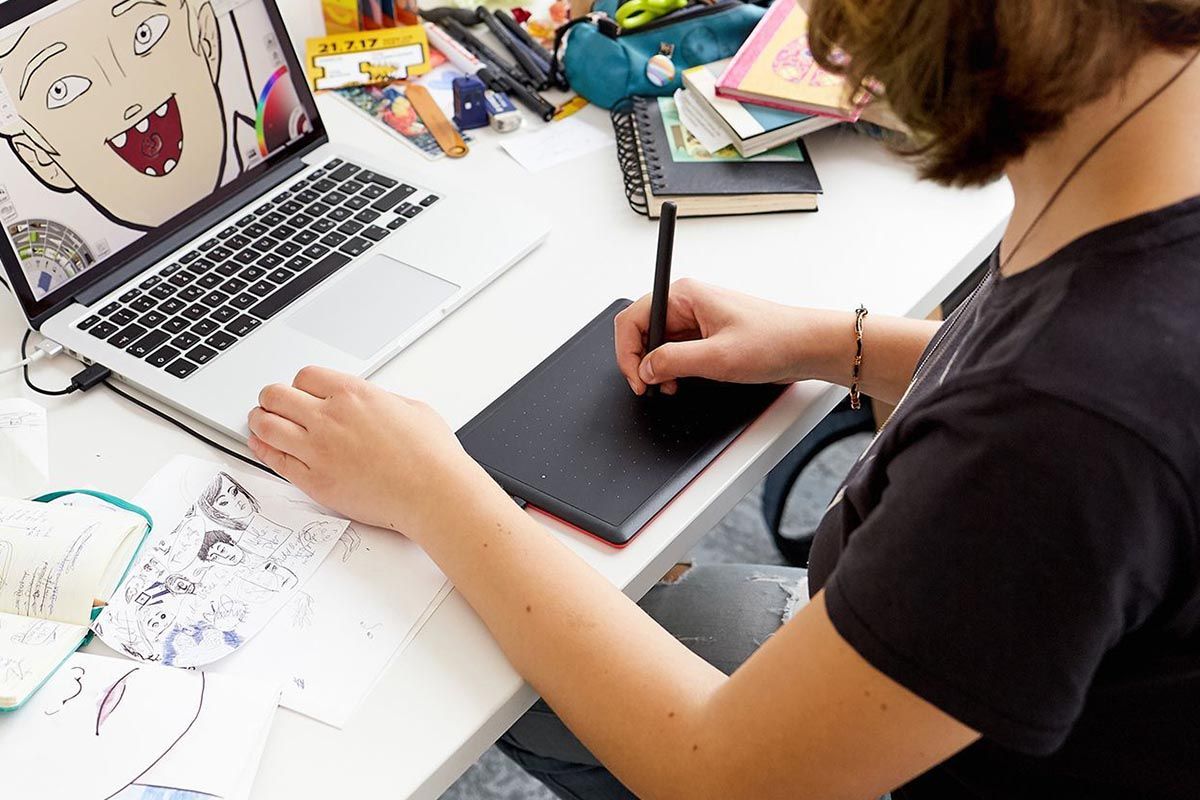The Universal Stylus Initiative (USI) has released version 2.0 of its active stylus specification, laying the foundation for more advanced and powerful styluses for Chromebooks, laptops, and tablets. The latest standard adds several notable features, including wireless charging support, an upgraded color palette, and support for in-cell display panels.
The main highlight of the latest specification is support for wireless charging based on NFC Forum's Near Field Communication (NFC) Wireless Charging Specification (WLC 2.0). This will enable USI pens to wireless charge via an NFC-enabled device at a power transfer rate of up to one watt. Wireless charging support is a big step up from the current USI pens on the market, which charge via USB-C or an AAAA (alkaline) battery.
"USI 2.0 replaces propriety approaches with a single solution allowing a stylus to be used across a wide range of touch-enabled devices, including phones, tablets, computing, and entertainment platforms," reads USI's blog post.
Next up, USI 2.0 improves tilt functionality and adds support for 16 million colors (up from just 256 colors) for a more "true to life inking" experience. The latest protocol also supports in-cell touch sensors, "greatly expanding the types and number of products USI 2.0 can be used with."
Most of the new features introduced in USI 2.0 are optional rather than standard. That means it will be up to OEMs to decide which capabilities they would like to support on their next-gen stylus.
Lenovo will be among the first OEMs to bring a USI 2.0 pen to the market. The Chinese company confirmed that it's working with USI and Google to develop a new Lenovo pen based on USI 2.0 protocol. However, there's no word on the exact specifications or availability of the pen.
"It's a great opportunity to work with USI and Google on the latest USI 2.0 protocol for a new Lenovo pen. It's a feature Lenovo Chromebook users always tell us they love, and we're excited about the new benefits it will bring them," said Benny Zhang, General Manager of Lenovo's Chromebook Business Unit.
Source: Universal Stylus
Via: 9to5Google

